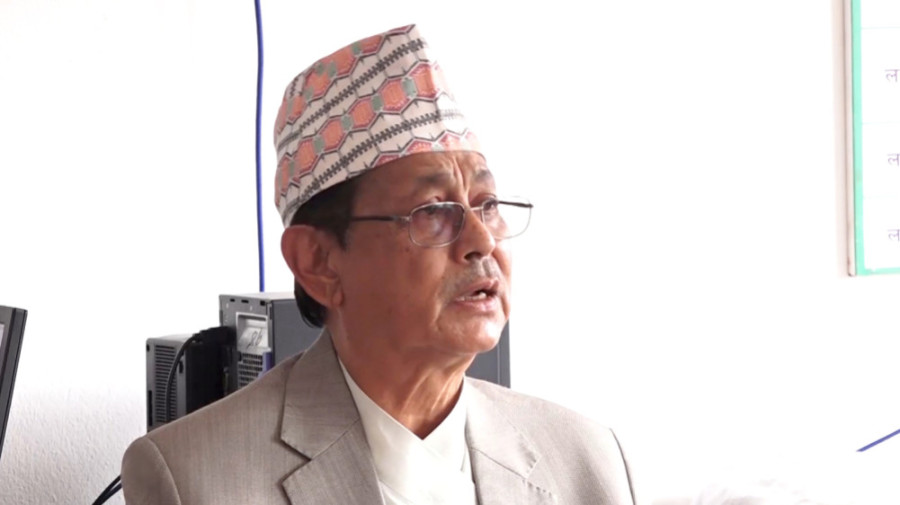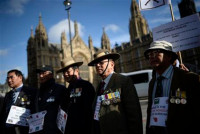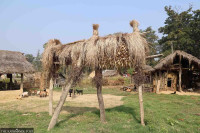National
Parliamentary hearing committee rejects ambassador nominee Bhattarai
The committee had endorsed 16 out of 17 ambassadorial nominees on September 19.
Jay Singh Mahara
The Parliamentary Hearing Committee of the Federal Parliament rejected the nomination of Ram Krishna Bhattarai, an ambassador nominee for Sri Lanka, by a two-thirds majority on Tuesday.
Earlier, Bhattarai had requested to withdraw his nomination from the hearing process after failing to present the required educational certificate proving he had completed his undergraduate degree.
Tuesday marked 45 days since Bhattarai's recommendation as ambassador, and the committee was required to decide on his nomination. It had endorsed 16 out of 17 ambassadorial nominees on September 19.
Ishwari Devi Neupane, chair of the hearing committee, informed that Bhattarai’s nomination was rejected by a two-thirds majority.
Bhattarai was unable to provide the necessary documents as required by the ambassadorial appointment guidelines, which stipulate that nominees must have at least an undergraduate degree from a recognised university.
The decision of the committee, which met on Tuesday, reads: “As the proposed nominee himself has expressed his desire to withdraw from the nomination for the position of Ambassador, his name is hereby rejected by a two-thirds majority of the committee members.”
Bhattarai had informed the committee that he was unable to produce the necessary documents verifying his educational qualifications.
The committee also urged the government to adhere to the principles of proportional and inclusive representation in ambassadorial appointments.
The committee's decision called on the government to ensure that nominations were made in accordance with Article 282(1) of the Constitution of Nepal and Sub-section (1) of Section 3 of the Parliamentary Hearing Procedure 2080, which emphasised the need for proportional and inclusive representation.
Several members of the hearing committee had raised concerns over the lack of proportional and inclusive representation in the ambassadorial appointments and questioned Foreign Minister Arzu Rana Deuba on why those principles had not been followed. The government faced criticism for not ensuring representation from marginalised communities such as Dalits, Madhesis, and Tharus when recommending 17 ambassadors.
Additionally, the committee stressed the importance of considering candidates' qualifications when making ambassadorial appointments. The government was reminded to submit all necessary documents, including verified qualifications, along with the nomination for parliamentary hearings, as opposed to only submitting the nominee's name, as had been done in the past.




 8.75°C Kathmandu
8.75°C Kathmandu















